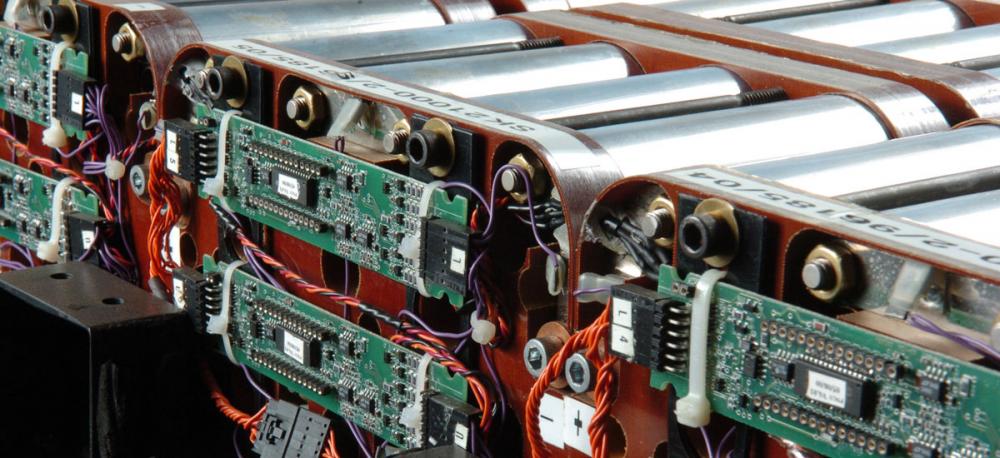
Aug . 09, 2024 06:45 Back to list
Essential Guide to Choosing the Right Backup Power Supply for Your Home Needs
Backup Power Supply for Home Ensuring Uninterrupted Energy Supply
In an age where power outages can disrupt not only our daily routines but also impact our safety and comfort, having a reliable backup power supply for the home has become essential. Whether due to severe weather, equipment failure, or grid limitations, the need for a dependable energy source during blackouts is increasingly important. This article explores the different types of backup power supplies available, their benefits, and considerations for homeowners.
Understanding Backup Power Supply Systems
Backup power supply systems generally fall into two categories generators and battery storage systems.
1. Generators These are external devices powered by fuel (gasoline, diesel, or propane) that convert mechanical energy into electricity. Standby generators automatically kick in when the grid power fails, providing an almost instantaneous source of electricity. Portable generators, on the other hand, can be easily transported and used in various locations, but they usually require manual setup and are often less powerful than standby models.
2. Battery Storage Systems With advancements in technology, battery systems have gained popularity as a viable backup solution. These systems, often powered by solar panels, store energy that can be used during an outage. They are cleaner, quieter, and have lower emissions compared to traditional generators. Moreover, the rise of smart home technology has led to the development of intelligent battery management systems that optimize energy use and storage, providing automation and monitoring options for homeowners.
Benefits of Having a Backup Power Supply
1. Safety and Security The most critical aspect of a backup power supply is safety. During power outages, homes can become vulnerable, especially in extreme weather conditions. Backup systems ensure that essential safety devices, such as security alarms, smoke detectors, and carbon monoxide detectors, remain operational.
2. Preserving Food and Medical Supplies For homes with refrigerators or freezers, an unexpected power failure can lead to spoiled food and loss of vital medications that require refrigeration. Backup systems help maintain necessary temperatures to prevent waste and ensure that medical supplies are kept safe.
3. Comfort and Convenience Power outages can disrupt daily life, impacting heating, cooling, and lighting. A backup power supply allows homeowners to maintain their comfort, whether it's running an air conditioner in the summer or keeping the heating system functional during winter months.
backup power supply for home products

4. Internet and Communication In today’s digital world, losing internet access can cut off communication. A backup power supply lets you keep routers, modems, and essential electronic devices running, ensuring connectivity and access to information.
Considerations for Choosing a Backup Power Supply
When selecting a backup power supply, several factors must be considered
1. Power Requirements Homeowners should evaluate their power needs during an outage. Calculating the wattage of essential devices will help determine the size and capacity of the generator or battery system needed.
2. Fuel Source The choice between gasoline, diesel, propane, or electricity (for battery systems) affects not only the operating costs but also the feasibility of refueling during prolonged outages.
3. Installation and Maintenance Standby generators require professional installation, while portable generators might not need any installation at all. Battery systems, especially those integrated with solar panels, may also require an upfront investment and expert installation.
4. Local Regulations Check local regulations regarding generator usage, noise levels, and emissions, as some areas have restrictions that could impact your choice.
Conclusion
Investing in a backup power supply for the home is not just a precaution; it’s a proactive measure to safeguard your family’s well-being and comfort. With various options available, homeowners can enhance their resilience against power outages and protect their daily lives from the disruptions that come with them. Whether you choose a generator or a battery storage system, the peace of mind that comes from knowing you have a backup plan is invaluable.
-
Advanced AI Energy Management with GPT-4 Turbo
NewsAug.02,2025
-
AI-Powered EMS with GPT-4-Turbo | Efficiency Boost
NewsAug.01,2025
-
Optimized Storage System for GPT-4-Turbo | High Performance
NewsJul.31,2025
-
AI Energy Management System w/ GPT-4 Turbo Efficiency
NewsJul.31,2025
-
High-Performance Energy Storage System for Reliable Power Solutions
NewsJul.30,2025
-
Advanced EMS Solutions for Energy Management System & Storage Battery Companies
NewsJul.29,2025























